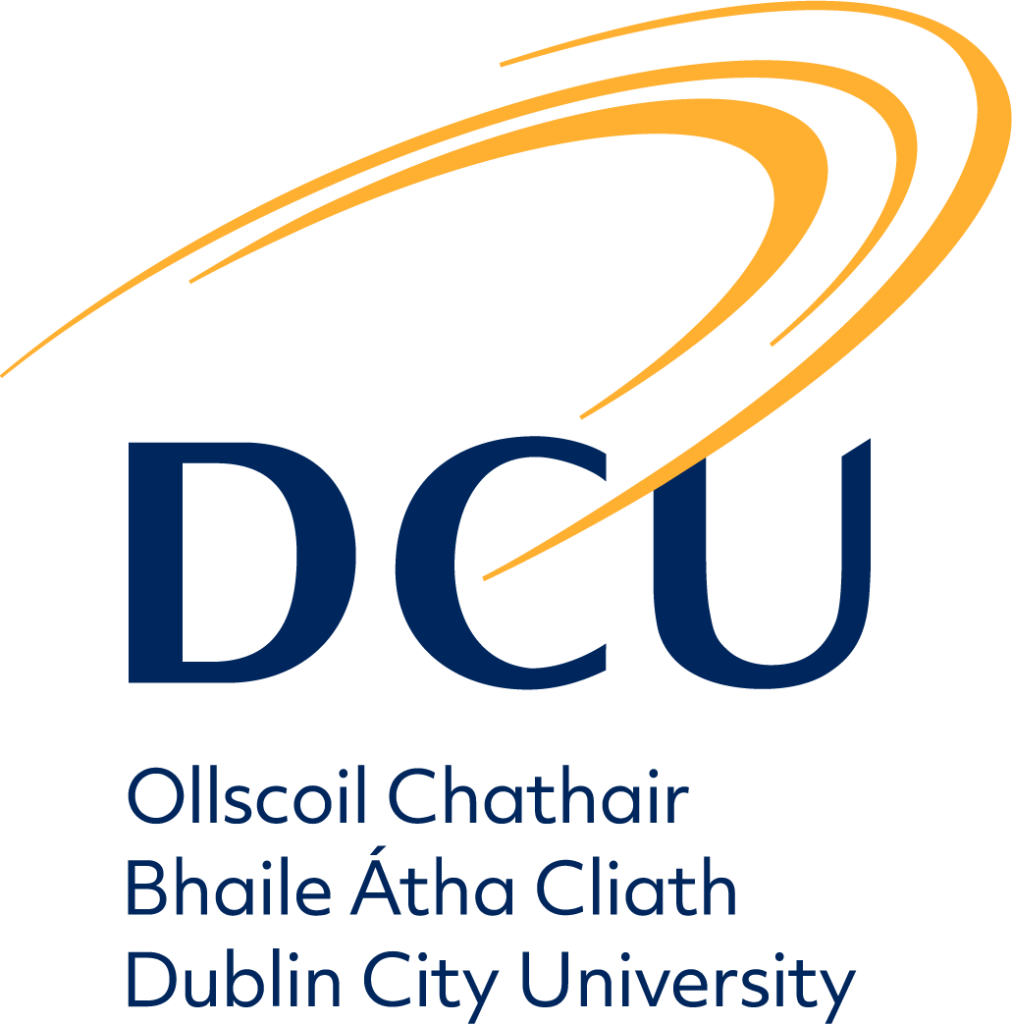Case Study: Research Policy Interface Thematic Group
STEM Education Policy Statement 2017-2026
Government of Ireland, Department of Education and Skills
Academics and Institutional Affiliation:
Aoibhinn Ní Shúilleabháin
School of STEM Education, Innovation & Global Studies, Dublin City University
Evidence of policy outcome referencing the role of the research:
No, but as a member of the STEM Education Policy Group (listed in the document) I emphasised the research outlining the import of teachers’ pedagogical content knowledge on student achievement, particularly in Mathematics. I also ensured the policy focused not only on gender equality but also socioeconomic inequality in the education system.
Research undertaken that informed or underpinned the policy outcome:
Ni Shuilleabhain, A. (2016) Developing mathematics teachers’ pedagogical content knowledge in lesson study: Case study findings. International Journal for Lesson and Learning Studies 5 (3): 212–226. doi.org/10.1108/IJLLS-11-2015-0036
Ni Shuilleabhain, A. Cronin and M. Prendergast (2020). Maths Sparks engagement programme: investigating the impact on under-privileged pupils’ attitudes towards mathematics," in Teaching Mathematics and Its Applications: International Journal of the IMA, vol. 40, no. 1, pp. 133-153 doi: 10.1093/teamat/hraa009
Key learnings for you from this research-policy bridging process:
It is important that, as academics, we participate in policy-making processes when possible. In these roles, it is incumbent on academic members of such policy groups to communicate research findings to the audience and to ensure that the policy drafting process is as research-informed as possible
While it is important to have undertaken and understood research related to policy, academics should make this information available in an accessible way to non-academics.
SDGs impacted:
SDG 4

